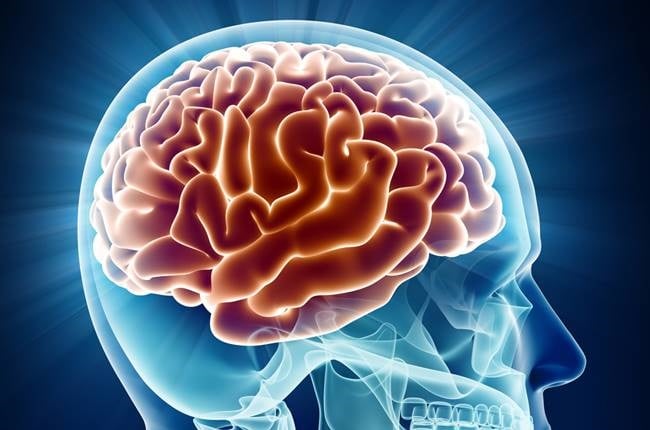
- Cognitive tests are designed to highlight any signs of potential mental impairment
- They are generally performed on the elderly to check for dementia
- This type of test does not diagnose – instead, it signals the need for more in-depth diagnostics
Questions around cognitive tests have swirled around the media after US President Donald Trump boasted in an interview that he "aced" a cognitive test to prove he doesn't have dementia.
But is it really something that warrants bragging about?
What is the aim of these tests?
Firstly, these tests are designed to assess whether someone – generally someone over the age of 50 – is struggling with any mild cognitive impairments. They are generally super quick and should be very easy for anyone without any cognitive mental issues.
Some of these impairments can be caused by ailments like dementia, depression, certain brain or body disorders, and certain side effects caused by medication.
According to the US National Library of Medicine, these tests are not, however, designed to diagnose these conditions. They are only meant to indicate whether a physician needs to run further, more thorough diagnostic tests.
READ | A drink or two a day might be good for your brain
Different types of test
There are various types of cognitive tests, but the three most popular ones are:
- Montreal Cognitive Assessment (MoCA)
- Mini-Mental State Exam (MMSE)
- Mini-Cog
MoCA is the most famous one, and also the one that Trump completed. It tests a patient's short-term memory, language, orientation to time and place, concentration and other brain functionalities.
MMSE tests for similar functionalities, and is adjustable for education levels and is generally able to detect more severe cognitive impairment.
The Mini-Cog is the simplest of all, takes only three minutes, is designed for elderly-care workers, and doesn't require specialist training to administer.
READ MORE | Aphantasia, or being ‘mind-blind’, could make it harder to remember, imagine and dream
How do they work?
Patients are asked a series of questions that are quite simple and that anyone should be able to answer easily if they have normal brain function.
Most of the tests involve tasks like drawing a clock, repeating sentences, identifying animals and remembering a series of words and drawing a clock with its numbers.
In the MMSE, there are more in-depth situational questions, like where the patient is, identifying objects, and other questions similar to the MoCA.
The patient is then scored on their answers, or their ability to answer – and if the score indicates cognitive impairment, more in-depth tests are ordered.
These tests are more likely to be performed on the elderly, and could be the first step to diagnosing Alzheimer's and other dementia-related disorders.
While you might find online cognitive tests to try out, it's important to note that these tests need to be performed by trained professionals who know how to interpret the scoring.
READ | Could a test given at 8 years old determine brain health in old age?
Image credit: iStock




 Publications
Publications
 Partners
Partners














